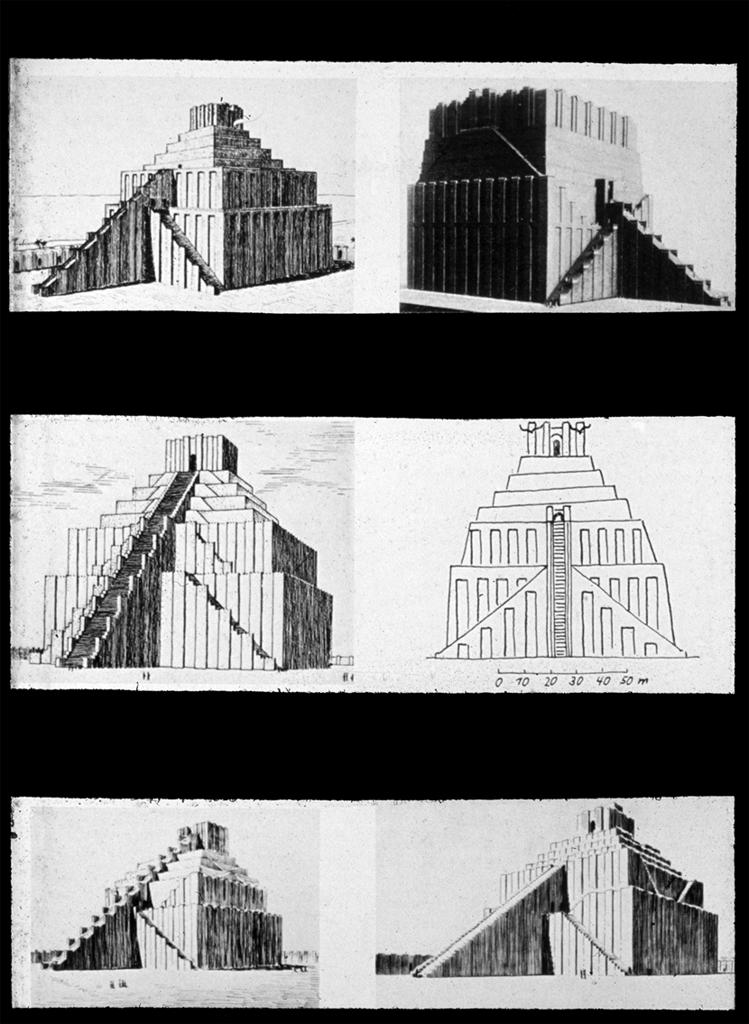It just happened this week. I got an e-mail from a student doing research on the Beat Generation. She’d discovered a site I did a decade ago (or more) using a campus MOO, a text-only virtual world. My “build” in the world was a writer’s space that resembled my vision of a 50s coffee shop in San Francisco’s North Beach neighborhood.
“RichMOOnd” is long gone but the site about it remains on our server and I guess Google picked it up. The links to Beat-Generation sites have long vanished or moved.
It’s a common problem, but as I read in The Chronicle of Higher Education, a group of scholarly publishers called CrossRef have been working for a decade to solve this problem. Their plan will provide a sort of digital ISBN for publications.
While I love the idea, it won’t help self-published work (such as this blog). What can writers outside the CrossRef imprimatur do? I claimed in a publication a few years ago that the hyperlink is the first new form of punctuation to come along in a while. It contains the sense of multiple conjunctions, depending on context. For the link above, it’s an “and” but in some cases it can be “and/but” or “and/or,” depending upon the context and the writer’s intention.
I teach students who are Google-happy to find an academic source for information, preferably one that is archived. Even when a casual source offers well written content, will it still be there in a year? Students often don’t care, since they they their work to be ephemeral, but if a class project endures, employers and prospective employers might want to see the brilliance on display.
Thus I point students to libraries, government sites, and university pages for “hard links” to at least keep the “rot” minimal.


